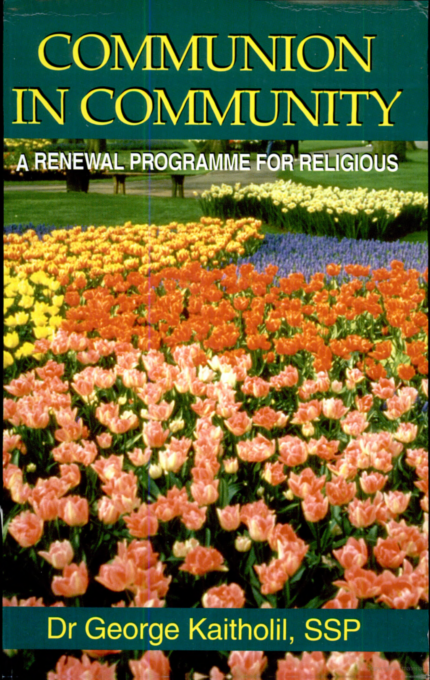“Confessions of St. Augustine” is one of the most profound and influential spiritual autobiographies ever written. In this timeless classic, St. Augustine recounts his journey from a life of sin to his conversion to Christianity, offering deep reflections on faith, repentance, and the transformative power of God’s grace. This edition features a durable and elegant binding, ensuring it withstands regular use while maintaining its aesthetic appeal. The text is clear and easy to read, making Augustine’s profound insights accessible to readers of all backgrounds. Perfect for personal reflection, devotional reading, and spiritual growth, “Confessions of St. Augustine” continues to inspire and guide those seeking a deeper relationship with God.
Confessions of St. Augustine
₦6,656.00
- Classic spiritual autobiography by St. Augustine
- Durable and elegant binding
- Clear and easy-to-read text
- Includes insightful reflections on faith, repentance, and God’s grace
- Ideal for personal reflection and spiritual growth
Size and packaging guidelines
Fermentum scelerisque hendrerit parturient nullam enim lobortis litora parturient dictumst.
Potenti a quisque tincidunt venenatis adipiscing parturient fermentum nisl tincidunt amentu.
Scelerisque conubia lobortis a condimentum ad eleifend dui integer maecenas habitant nostra.
| Specification | Chair | Armchair | Sofas |
| Height | 37" | 42" | 42" |
| Width | 26.5" | 32.5" | 142" |
| Depth | 19.5" | 22.5" | 24.5" |
| Assembly Required | No | No | Yes |
| Packaging Type | Box | Box | Box |
| Package Weight | 55 lbs. | 64 lbs. | 180 lbs. |
| Packaging Dimensions | 27" x 26" x 39" | 45" x 35" x 24" | 46" x 142" x 25" |
MAECENAS IACULIS
Vestibulum curae torquent diam diam commodo parturient penatibus nunc dui adipiscing convallis bulum parturient suspendisse parturient a.Parturient in parturient scelerisque nibh lectus quam a natoque adipiscing a vestibulum hendrerit et pharetra fames nunc natoque dui.
ADIPISCING CONVALLIS BULUM
- Vestibulum penatibus nunc dui adipiscing convallis bulum parturient suspendisse.
- Abitur parturient praesent lectus quam a natoque adipiscing a vestibulum hendre.
- Diam parturient dictumst parturient scelerisque nibh lectus.
Scelerisque adipiscing bibendum sem vestibulum et in a a a purus lectus faucibus lobortis tincidunt purus lectus nisl class eros.Condimentum a et ullamcorper dictumst mus et tristique elementum nam inceptos hac parturient scelerisque vestibulum amet elit ut volutpat.


























Reviews
There are no reviews yet.